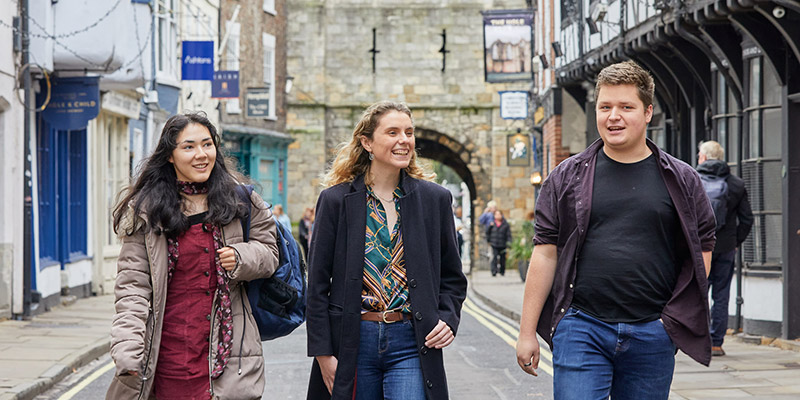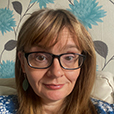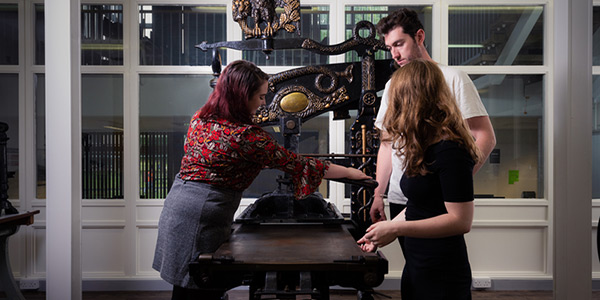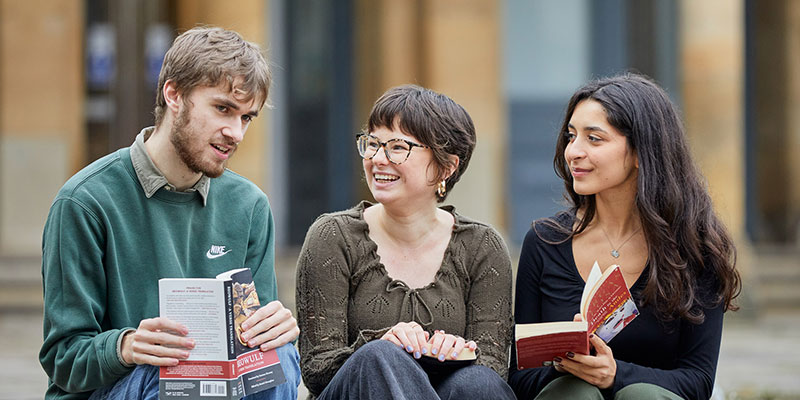
About us

We pride ourselves on the inclusiveness and supportiveness of our academic community and on our collective ambition to make a difference in the world around us.
Professor Jennie Batchelor, Head of Department
6th in the UK for English
98% of our research was rated 3* or higher
International and interdisciplinary
We take a cosmopolitan and multilingual view of literature. Thinking across and between borders is at the heart of what we do. We have expertise in literature in English from across the globe and invite you to engage with literature produced in other languages, either in translation or in the original language.
As a department, we approach literature in historical, visual, linguistic, philosophical, and political ways, making our combined course BA programmes a natural fit while also offering all students the chance to undertake interdisciplinary work. At MA level, students can choose modules from other departments, including modules organised by our interdisciplinary research centres.

Our facilities

Literature students at York benefit from a rich range of resources, both on campus and around the city. Our facilities include an in-house printing studio, a dedicated poetry library and extensive research resources.
An inclusive environment
We are fully committed to equality, diversity and inclusion. We believe that diversity should be celebrated, and we strive to provide an environment where all students and staff feel supported and valued.

